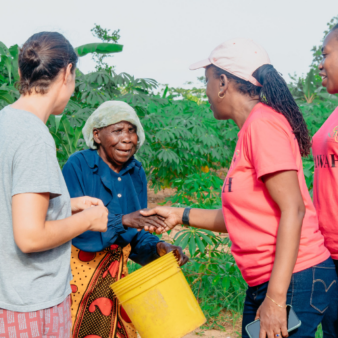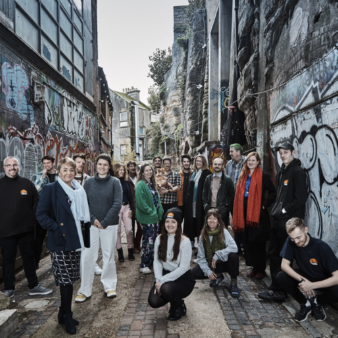Nestled in the heart of the M’Zab Valley, a UNESCO World Heritage site, the Tafilelt Tajdit housing development of 1050 homes offers an innovative model for sustainable living in one of the world’s most challenging environments.
The M’Zab Valley, a cultural and ecological oasis in the vast Sahara Desert, has faced increasing pressures in recent decades. Population growth, uncontrolled construction, and a lack of solid waste management has threatened traditional ways of life. Over the past decades, unsustainable housing development in the area has made these problems worse, leading to environmental degradation of the oasis and disruption of the social cohesion.
The Amidoul Foundation, founder, developer and manager of Tafilelt Tajdit, is firmly committed to restoring and preserving the cultural traditions of the Mozabite, which is based on the Ibadism movement of Islam. This ideology encourages mutual aid and solidarity in that families and individuals have a moral duty to help the community through charitable acts and support.
The project is not for profit and relies on voluntary contributions from the Foundation’s members, architects, residents and others, as well as a public housing subsidy. There is also a focus on transferring and strengthening the Mozabite ancestral values, beliefs, and cultural identity.
Tafilelt Tajdit’s design mixes the region’s traditional architecture which is adapted to the desert climate with modern comfort in the homes and public spaces. The terraced houses and narrow streets that criss-cross each other, break the sandy winds. Shading is provided by changes in the direction and the depth of the streets, covered passageways, and corbelled balconies. Houses stand tall letting in light, whilst windows and the facades let in air but not heat.
Traditional elements like large wooden gates, wells, minaret towers, and a watchtower and a city wall pay homage to features found in the historical cities of the Mzab valley called Ksour. The streets however have been made wider to allow car access and the rooms inside homes are also bigger to allow for modern furniture, kitchens and bathrooms.
Social impact
The development is rooted in Ibadism society principles. All the houses look the same with no signs of economic status. The project has a social mix between middle and upper-income groups, and gender in terms of home ownership. Thanks to the community’s economic support, vulnerable low-income households were also integrated into the project.
Almost all residents from Tafilelt Tajdit come from the old ksar Beni Isguen, three kilometers away, allowing many young families to become independent from their parents and access home ownership. Tafilelt Tajdit provides affordable housing while maintaining high quality standards and environmental sustainability.
Environmental impact
A central feature of Tafilelt Tajdit is an eco-park, which promotes responsible environmental management. Native plant species and water-efficient landscaping help to conserve the town’s biodiversity and mitigate the effects of climate change.
Residents are responsible for the upkeep of the park and must plant trees. Renewable energy sources and waste reduction measures are also woven into the development. Tafilelt Tajdit’s rules try to shape more environmentally conscious and respectful citizens: School children and residents are taught about protecting the flora and fauna, waste recycling and the cleaning of public spaces.
Funding
The total cost of the project was 2,352,000,000 DZD ($ 29.2 million USD at 2014 exchange rate), 25% of which comes from public housing subsidies.
The foundation funded the project step-by-step. As bank loans are prohibited by the Ibadi rite they began raising money by sourcing zero interest finance from wealthy local people. This money was used to buy land from the state and build the first 100 homes, which were completed in November 2000. Once those homes were sold, the profit was used to build the next 100 homes, and so on. By 2005, there were 750 homes, then 950 in 2010, and finally 1050 homes in 2014.
Residents help with the project’s development, which is another feature of the Ibadi tradition. They provide free labour during weekends to cleaning public spaces, plant trees, and to help with the construction of common spaces and the mosque.
The Foundation raised additional community donations and public subsidies to develop the eco-park and the water treatment plant.
Transfer and expansion
Amidoul Foundation often receives architects, PhD students and researchers to study Tafilelt Tajdit’s unique approach. It hopes to secure funding for new research on improving waste management and renewable energy production to further reduce the environmental impact of the settlement. Whilst Amidoul Foundation is not looking to create another development, it is keen to share its experiences, knowledge and learnings with people in other countries in the region.
Tafilelt Tajdit’s long-term sustainability will depend on ongoing efforts to adapt to changing conditions and to address emerging issues. Climate change, economic fluctuations, and demographic shifts will require continuous monitoring and adjustment.
Why it’s a World Habitat Award winner
Tafilelt Tajdit provides an innovative model for sustainability, community engagement, and cultural preservation. Residents live in harmony with nature and each other, and have high quality, affordable homes. The project’s unique community funding approach offers an alternative to the financialization of housing developments in the M’Zab valley. By combining traditional building methods with modern thinking, the project offers a housing model that outshines government or private developments and could be adopted by communities in other countries.
Download your copy of the full project summary
 Tafilelt Tajdit is a remarkable affordable housing project in the Algerian Sahara. By blending ancient building techniques with modern adaptations, this development demonstrates how to live harmoniously with the desert.
Tafilelt Tajdit is a remarkable affordable housing project in the Algerian Sahara. By blending ancient building techniques with modern adaptations, this development demonstrates how to live harmoniously with the desert. 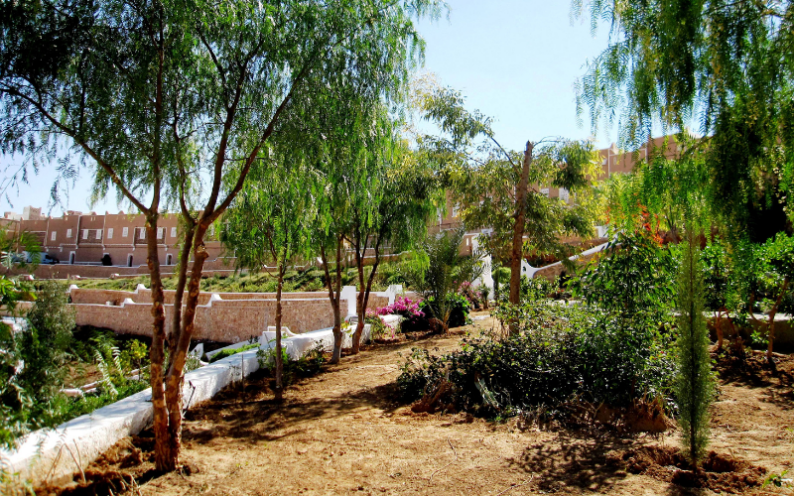
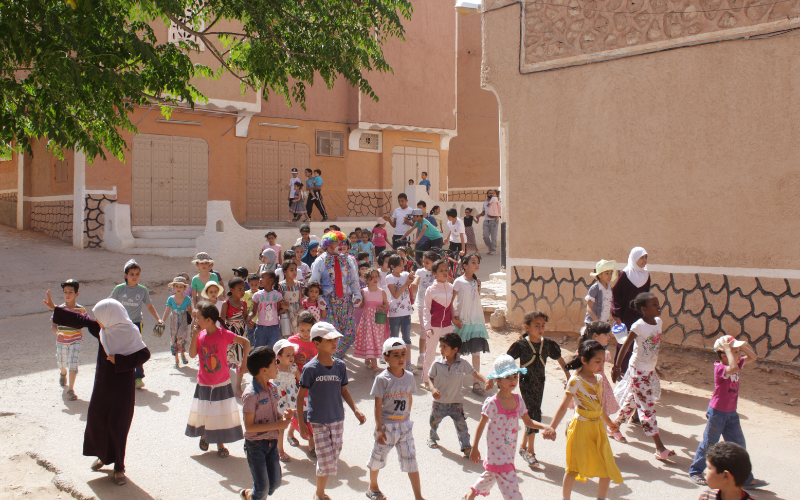
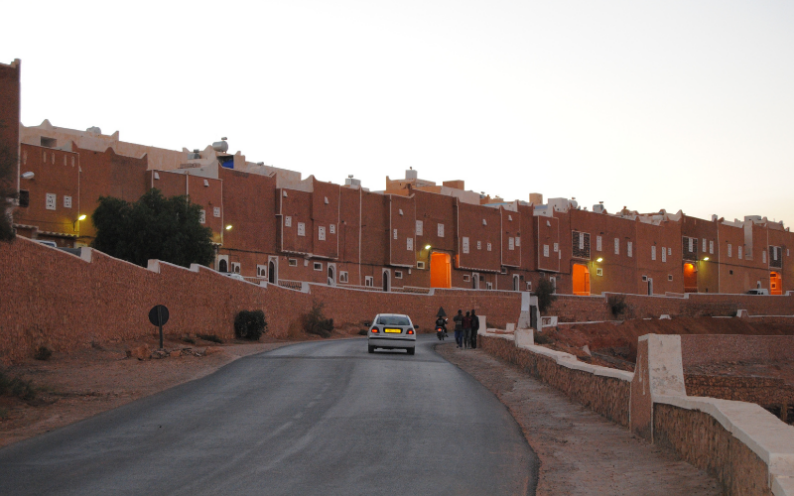
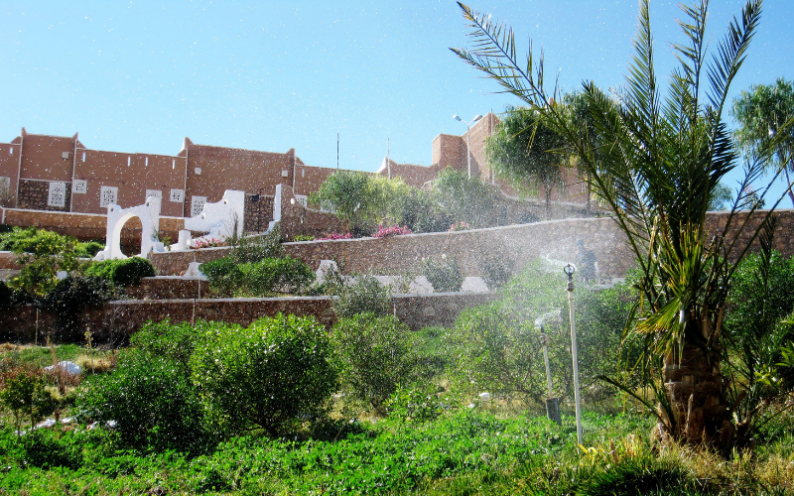
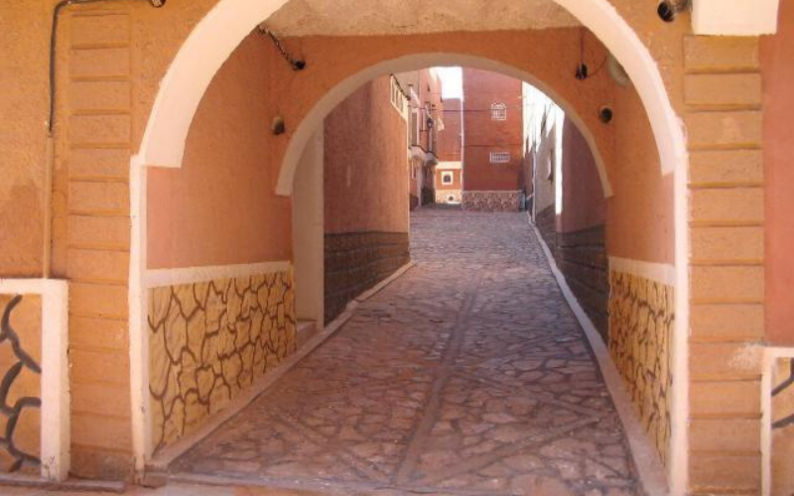

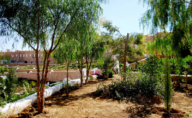
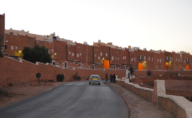
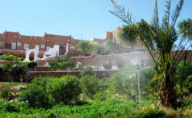
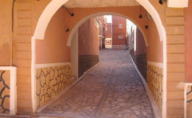
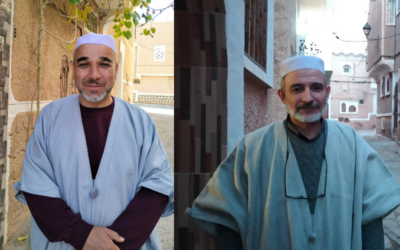 Aïssa BOUCHLAGEM, was the first resident to become a homeowner in the Tafilelt Tajdit village, a “Ksar”-style development comprising 1,050 individual housing units.
Aïssa BOUCHLAGEM, was the first resident to become a homeowner in the Tafilelt Tajdit village, a “Ksar”-style development comprising 1,050 individual housing units.